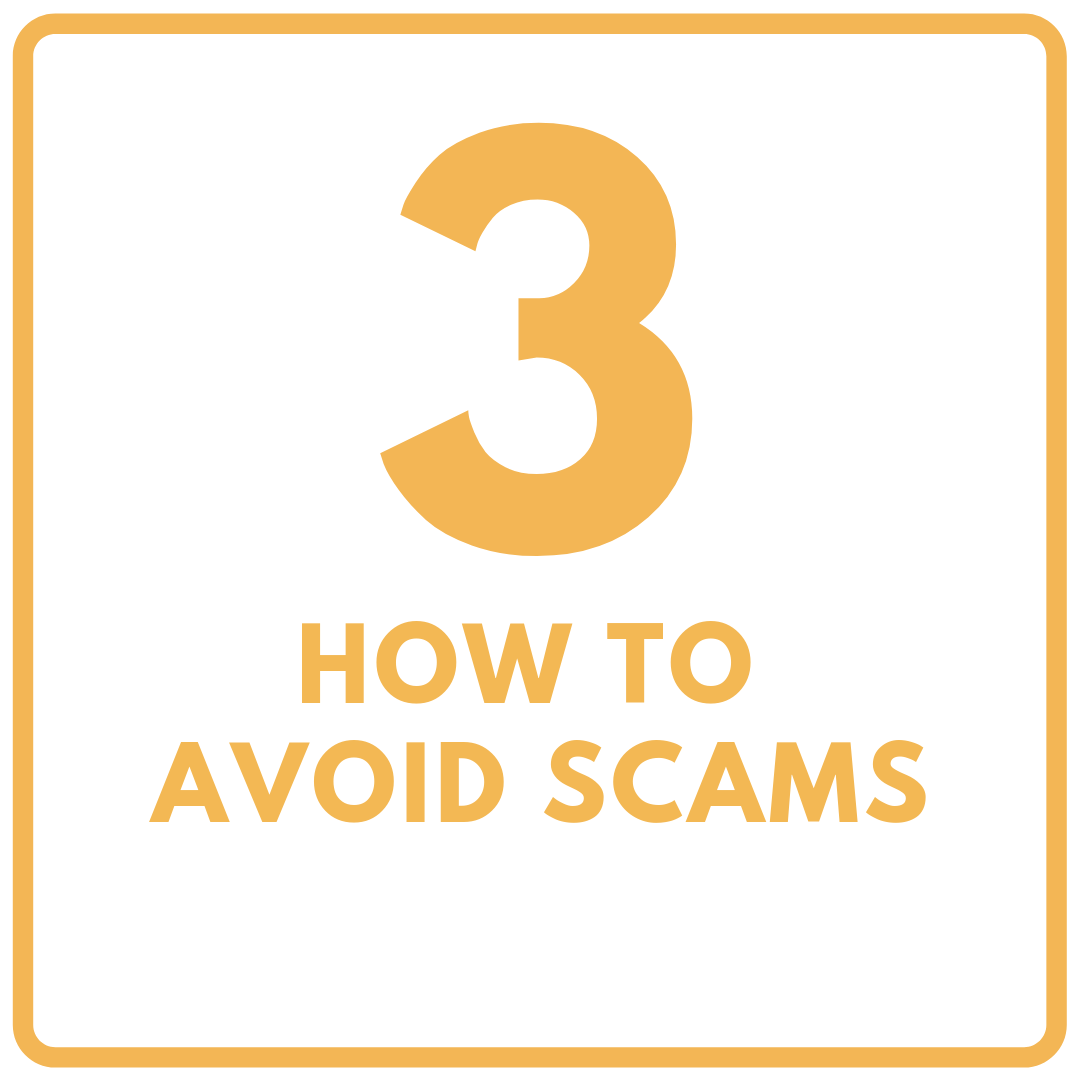Secret #3 of 7
#3. How to avoid scams?

2 min read
Wherever money is involved, bad elements are often near, trying to part unwitting people from their money.
It's not unique to Bitcoin and crypto. Some other examples...
Banks warn us about never sharing our password with anyone when we receive a "phishing" email.
Wall Street has its fair share of Ponzi schemes with Bernie Madoff one of the few exceptions serving a 150 year sentence for his crimes.
Pyramid schemes are often in the news where people are recruited with the sole purpose of recruiting others, without any decent product or service behind it.
They are easy to detect. Follow the guidelines below to stay safe.
How to spot the most prevalent scams?
Financial returns that seem too good to be true very often are! If the opportunity offers an unbelievable performance in a relatively short time then that’s an immediate red flag.
Fake schemes are often promoted through social media — Twitter and Telegram are notorious for that— and often falsify earnings. The first few people often get generous payouts in order to generate excitement and referrals, but that's where the money stops and the scam kicks in.
Those scams often have a very complicated procedure to withdraw funds from which of course isn’t mentioned on the front end nor advertised.
They may state later on that funds will be held or frozen for a minimum of 1 year to allow for the project to be completed. Of course that gives them plenty of time to close up shop and disappear with unwitting people's investment.
While Bitcoin is not a scam, just like other currencies such as USD and EURO it can be used to raise funds in a pyramid scheme since it allows a certain level of anonymity.
Always ask yourself what is the aim of any program you join? Is there a solid product or service behind it or is it just a member-trick-member kind of scheme...
Always do your due diligence. In some of our courses we list many more ways to stay safe while preparing yourself for the full replacement of paper money with digital money.